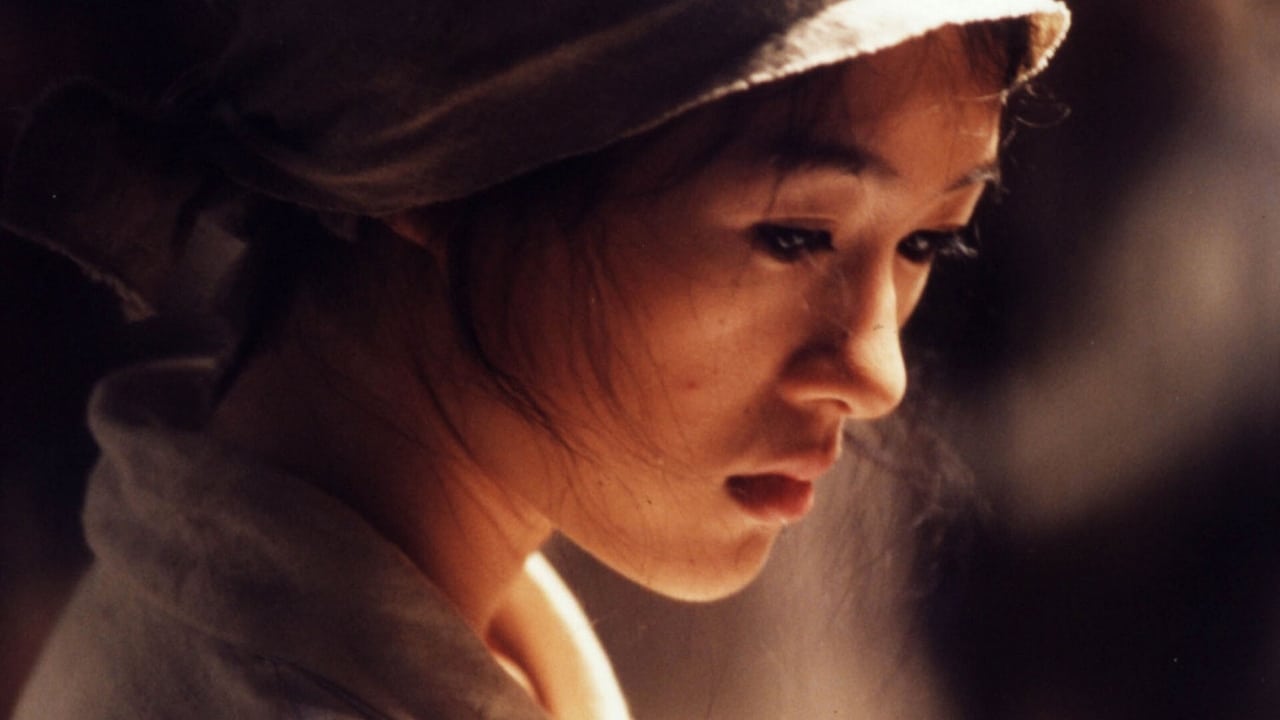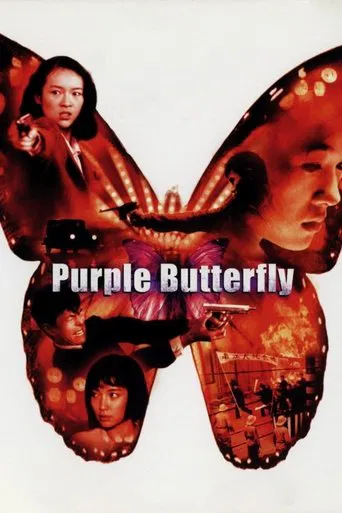

The movie is set in 1930s China where the Japanese occupied China. It is a complex love story disguised as a spy thriller. I suspect the whole staging of the era and its circumstances is simply to illustrate an idea. "The idea that a new lover demands one to "kill" her old lover."What more convenient way to illustrate this than actually killing someone. But the act is merely symbolic. If the movie was set in modern times without the apparatus of physical murder, then it would take a long long time to illustrate the killing/erasing of an old love. In the movie, the main character played by Zhang Ziyi, realizes only after she has killed her old lover, she had made a grave mistake and she regrets. Only then, she realizes she loves him the most.Another interesting idea it illustrated is that -the mind and body does mysterious things. The main character betrays her true love by a cause she does not really believe. She follows the orders of a man who she doesn't really love. Strangers we are even to ourselves.
... View MoreLethargic direction ruins an otherwise compelling period story that stars the wondrous Zhang Ziyi, in an excellent role as a woman who joins an extremist group in 1928 China, just prior to the Japanese invasion of Manchuria, and reunites with a former lover who is now working for Japan. Every bit of drama and forward motion of the story is sucked dry by director Ye Lou's somnambulist directorial style. Characters stand still staring at each other for long minutes, saying nothing, hand-held cameras hold forever on faces showing interminable reactions way longer than they need to, edits repeat the same reaction is triple redundancy. We know nothing about the characters as the story begins and are given little new information as the story progresses, only silence and static shots of lovers who don't speak, who interaction through silent dances but share no apparent emotional intimacy. A very sleep inducing film.
... View MorePurple Butterfly began in silence, a risky one at that. It relied on the gestures of the actors/actresses, the jumpcuts, and the hand-held camera-work, reminiscent of early Italian Neo-Realism and/or Cassevettes, to begin the story. I have to admit that I dozed off somewhere within the first 30 min., but that was mainly due to my lack of sleep. Nevertheless, I was anxious for the ending of the film.I enjoyed the cinematography, the acting style, the editing, the music, and the mixing of genres. It's like an epic espionage war love story, the likes of a collaboration between Hitchcock and Truffuat. There was some poetic scenes, and suspenseful ones as well. The main problem I had was the narrative structure which seemed confusing to me. It also didn't flow well together. Somewhere during the middle of the film, it becomes non-linear without warning me.In conclusion, I give the movie a B-. It is definitely worth seeing and may will be a very historic film in regards to its film language in years to come.
... View MoreDid anybody succeed in getting in this movie?It's a total mess to me: a vague historical/sentimental context instead of a plot, a pretentious imagery as mise en scene and it lasts two hours!Shame on those who wasted money here.
... View More